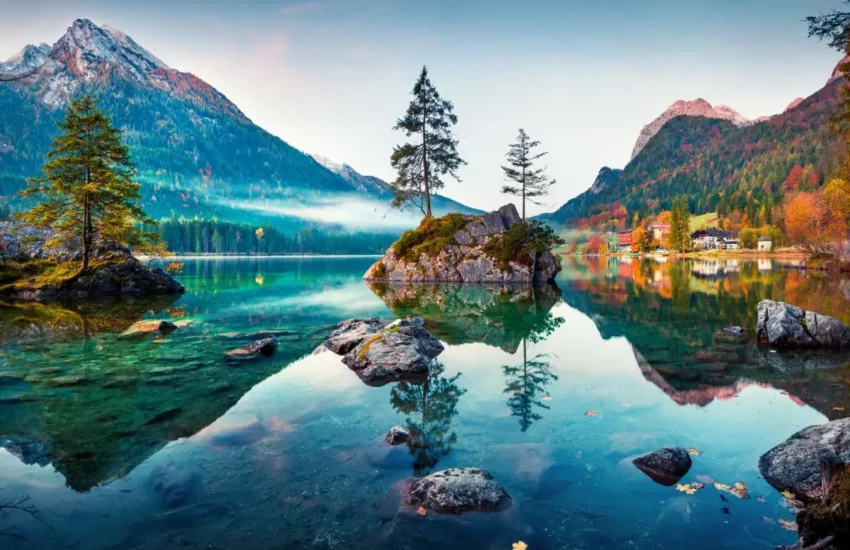Conservation is crucial for the preservation of our planet’s ecosystems, wildlife, and natural resources. As human activities continue to put pressure on the environment, it becomes more important than ever to implement strategies that protect the Earth for future generations. This article explores the importance of conservation and the steps we can take to help preserve nature.
1. What is Conservation?
Conservation involves the careful management and protection of natural resources, including forests, oceans, wildlife, and biodiversity. The goal of conservation is to prevent environmental degradation and promote sustainable practices that ensure these resources are available for future generations.
- Types of Conservation:
- Wildlife Conservation: Protecting endangered species and their habitats to ensure biodiversity.
- Forest Conservation: Preventing deforestation and promoting sustainable forestry practices.
- Water Conservation: Managing water resources to ensure their availability and sustainability.
- Marine Conservation: Protecting oceans, coral reefs, and marine species from overfishing, pollution, and habitat destruction.
2. Why is Conservation Important?
The importance of conservation cannot be overstated. Without conservation efforts, the planet’s ecosystems would suffer irreversible damage, and future generations would face challenges such as water scarcity, loss of biodiversity, and extreme climate conditions.
- Preserving Biodiversity: Conservation helps maintain the delicate balance of ecosystems. Protecting species and their habitats ensures that biodiversity is preserved, which is crucial for ecological stability.
- Sustaining Natural Resources: Conservation efforts help maintain access to essential resources like clean water, timber, and fertile soil. These resources are vital for human survival and the health of the planet.
- Combating Climate Change: Conservation plays a significant role in addressing climate change. Forests, wetlands, and oceans act as carbon sinks, absorbing CO2 and helping regulate global temperatures.
3. The Role of Individuals in Conservation
While large-scale conservation efforts are necessary, individuals can also make a significant impact on the environment through their daily choices and actions:
- Reduce, Reuse, Recycle: Reducing waste, reusing products, and recycling materials help minimize the strain on natural resources and reduce pollution.
- Support Sustainable Brands: Purchasing products from companies that prioritize sustainable practices, such as using eco-friendly materials or engaging in ethical sourcing, helps encourage responsible consumption.
- Conserve Water: Simple actions like fixing leaks, reducing water usage, and using water-efficient appliances can significantly lower water consumption.
- Plant Trees: Trees play a critical role in absorbing carbon dioxide, providing oxygen, and supporting wildlife. Participating in tree-planting initiatives can have a lasting positive effect on the environment.
- Advocate for Policy Change: Getting involved in local environmental advocacy groups or supporting legislation that promotes conservation can help create lasting change.
4. Conservation Challenges and Solutions
Despite the many efforts to protect nature, there are significant challenges to conservation, including deforestation, pollution, and climate change. However, solutions are available through collective action and increased awareness:
- Deforestation: The clearing of forests for agriculture and urban development is a major threat to biodiversity. Supporting sustainable forestry practices and reforestation efforts can help counteract deforestation.
- Pollution: Plastic waste, air pollution, and chemical runoff have a detrimental effect on wildlife and ecosystems. Reducing plastic use and advocating for cleaner energy sources can help reduce pollution.
- Climate Change: Addressing the root causes of climate change through carbon reduction strategies, renewable energy, and sustainable agriculture practices is essential for long-term conservation.
Conclusion: Protecting Nature for Future Generations
Conservation is an essential part of ensuring a healthy and sustainable planet. By making conscious choices and supporting conservation efforts, we can protect nature for future generations, ensuring the beauty and resources of the Earth are preserved for years to come.

